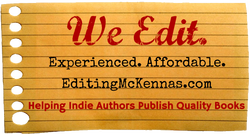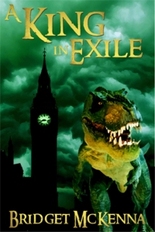
Editors who Edited, and Books Without Buzz
In that golden age, editors at publishing houses (who had worked their way up to that position while learning their craft reading and evaluating slush pile manuscripts) actually got to edit, while administrative tasks and editorial scut-work were handled by people lower down the company totem pole, as they had once been themselves.
Publishers weren’t subsidiaries of publically-owned multinational megacorporations and so, lacking stockholders to keep them focused on the bottom line for this quarter, they often thought far, far ahead in terms of developing authors and their careers, and developing sales for an individual book. Years ahead. In those days, strategy trumped panicked reaction to every market fluctuation, and instinct was more a factor than microvariations in book-buying statistics. Books did not spoil on bookstore shelves as quickly as they do now, so a long view could be seen as the best view for many novels, and they were often left to develop word of mouth; “buzz” hadn’t been invented yet, except as it pertained to bees.
In those halcyon days, editors and writers often felt connected by a common stake in the success of a project and of a writer’s career. It was editors who nurtured reasonably-good writers into good ones, and good ones into great ones. If Nicole Polizzi had showed up at Simon & Schuster with a great idea for a book, she'd have been shown the door, politely but firmly. If some S&S editor had come up with the idea of hiring a ghostwriter to create a Nicole Polizzi masterpiece, he would have joined her on the pavement.
In those distant decades of another century, an editor could find a promising book that was not quite ready for prime time, and dedicate himself to working with the author to make it better. Editors were mostly men in the golden age, but in time salaries would fail to keep up with the world outside publishing, and women would come to dominate the field.
Every book went onto the market with expectation and trepidation. Would this one make it? Did they have a bestseller on their hands? That's right, kiddies—there were no manufactured bestsellers, no automatic midlist titles. To be fair, there was also precious little in the way of book-length genre fiction, except for historical novels, but science fiction, romance, and westerns, among other genres, were well-represented in magazines.
Yes, Magazines!
There were dozens of magazines in those days that published several pieces of short fiction each month (I am NOT making this up!), so that many if not most writers learned their craft and earned their reputations learning to plot and polish for the more demanding short form, then moved on to novels. Others made a living writing nothing but short fiction, writing a western one day, a jungle adventure the next, a spy mystery the day after that. Quite a few magazines were devoted entirely to short fiction, but almost every magazine published some fiction in every issue. America, not yet habituated to television with its endlessly-continuing stories, had a big appetite for short fiction.
Editors Editing, Agents Agenting...
So while editors were editing books, often taking on authors who were not yet ready for prime time because they believed in their promise for the future, agents were agenting. They did not, at that time, function as the pubishers' first readers. They showed promising books to editors, and represented their clients in contract negotiations. There were many, many fewer of them, and virtually none of them thought of themselves as editors, because there were plenty of those just over town at the publishing companies. Publishing companies had not yet laid off so much of their editorial staff that they could no longer fulfill the function of vetting incoming manuscripts.
The conventional wisdom regarding agents was that a writer didn’t need one until he or she was selling books and making "real" money, so writers could submit their work directly to editors, "over the transom." When an editor wanted to buy a book, and was ready to negotiate a contract, he suggested the author retain the services of an agent. Well, the honest ones did, anyway. An unpublished writer with an agent was pretty much unheard of.
Instead of stranglehold agency agreements of the type we have now, the agent and author were bound only by the agency clause in the publisher’s contract, and a handshake. When the rights to the book reverted (and they usually did so without tears or threat of lawsuit), the agent’s legal interest in that book was at an end, and until he sold another, he had no legal interest in anything that author might write in the future. Nor did the publisher.
Back to the Future
So this all happened a long time ago. By the time I was ready to sell a novel, which was a shorter long time ago, it was virtually the stuff of fairy tales. By that time, most editors wouldn’t look at an unagented manuscript, and a new crop of agents who had only lately been employed as lower-echelon editors were the publishers’ new first readers—the gatekeepers’ gatekeepers. They were doing more work, handling more clients, and to no-one’s surprise, starting to charge more money. Many insisted on contracts that went beyond the publishers’ agency clauses in sewing up the author’s freedom of movement. Despite the fact that the agents were not able to put their interests first, most authors would not have dreamed of going against their agents’ wishes for their careers.
But we’re writing a new story now about a new golden age, one that came on us so fast that many writers don’t believe it’s actually happening, while others fear it might be, and that might mean the sky is falling. Those writers are still living in the fairy tale that stopped being true before they ever sat down to a keyboard.
A New True Story
In our new story, writers have a wide range of choices about their careers, and publishers, while sometimes desirable for particular projects, no longer control the only means of distributing books. Agents no longer control access to subsidiary rights such as film and TV deals, foreign language publication, or audiobooks. Writers build their own platforms and publicity campaigns, hire other professionals to do whatever they can’t do themselves to get their books ready to publish, choose their own publication dates and price points.
Smart writers weigh their options, make their own career decisions, and walk away from bad contracts. When they deal with publishers, they insist on being treated with the respect they deserve as creators of the content that drives the business. When they publish their own works, they enter into it as entrepreneurs who learn from the past, live in the present, and keep a flexible future in front of them.
Tempted to be nostalgic for that golden past of publishing? Don’t bother. Any age takes on its coloration from the lenses we use to view it, and our future as writers is more golden than ever before if we want it to be. I like this new story best of all, and as we go into a new and promising year, I’d like to invite anyone who fancies it to make it your story, too.


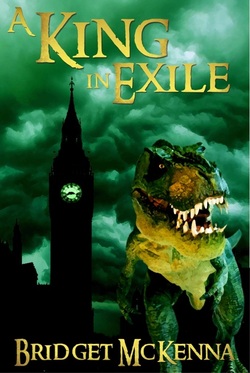
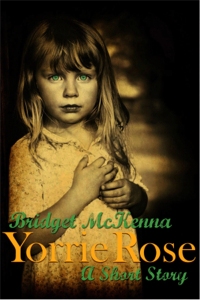
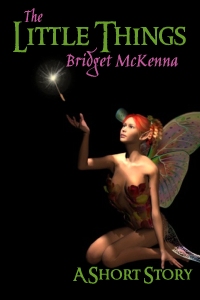
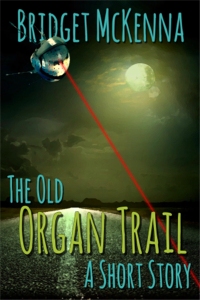

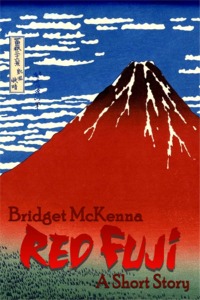
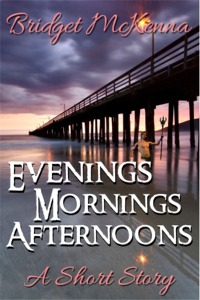
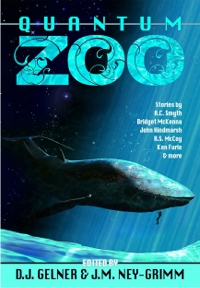


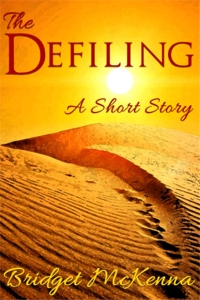

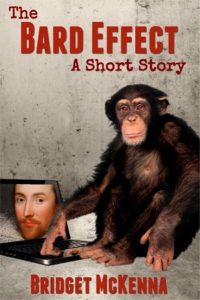
 RSS Feed
RSS Feed

